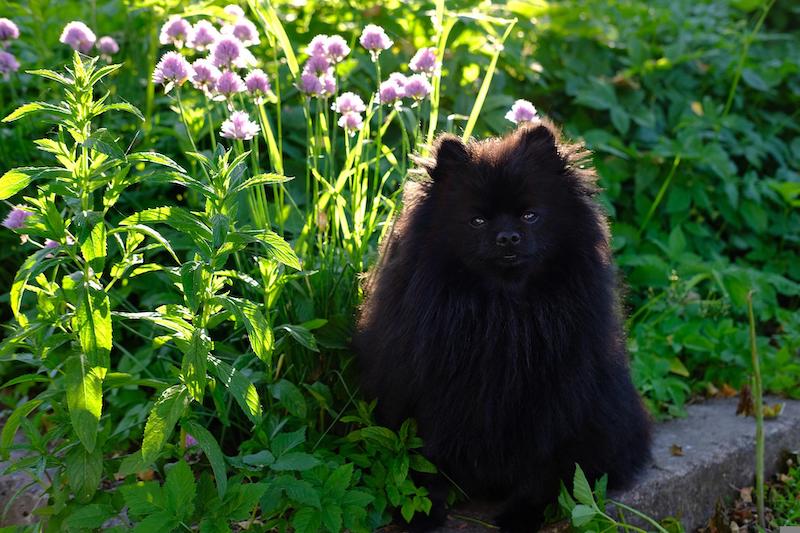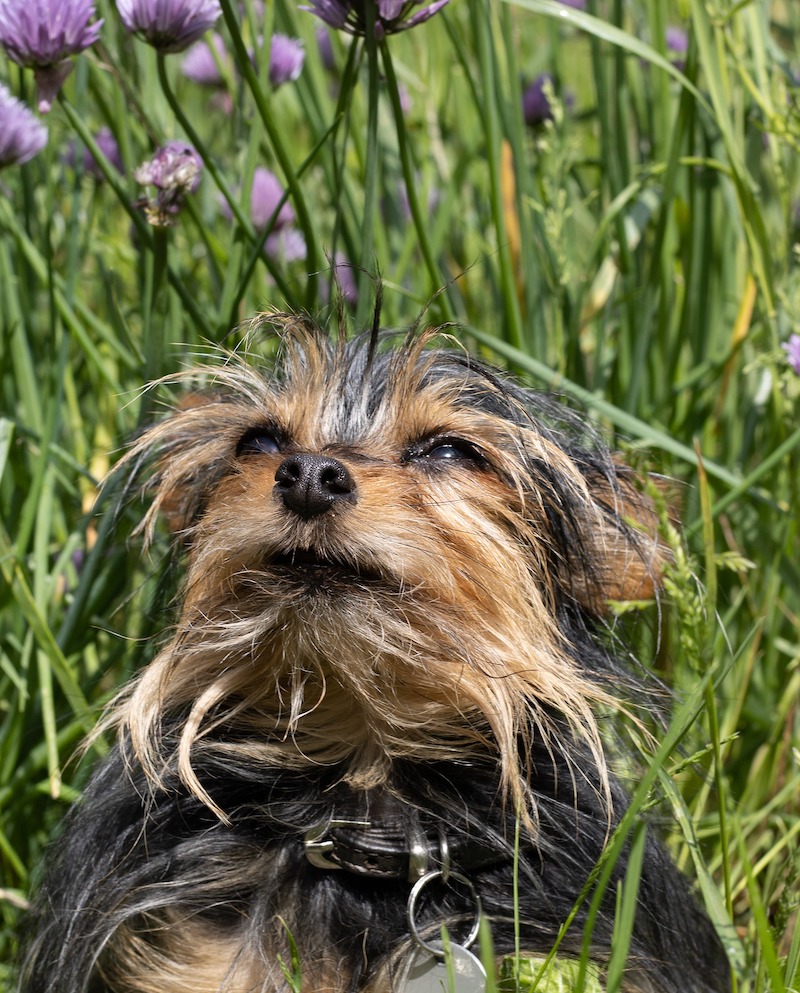Ornamental alliums are not as tasty as the edible varieties, but for humans, they are not poisonous and will not cause any kind of reaction for people that do not have allergies to them. People who are allergic to onions and garlic may have reactions to the ornamental cultivars. Children and pets may have a reaction to ornamental alliums if moderate amounts have been eaten. The leaves, bulb, flower and stems all contain low levels of sulfide compounds. Eating large amounts of these compounds will result in stomach upset, vomiting and/or diarrhea.

Are Alliums Poisonous to Children?
Children are more likely to have a reaction to eating parts of alliums because of their small size and lower weight than adults. Children playing around alliums are not in danger of any toxicity. The plant needs to be ingested in moderate amounts for any symptoms to develop.

Are Alliums Poisonous to Dogs?
Edible and ornamental alliums are poisonous to dogs. Garlic is considered to be about 5 times more potent as onion. Small amounts of garlic can be toxic, depending on the size of the dog. Ingesting garlic causes damage to the red blood cells, stomach upset, mouth irritation, drooling, vomiting and/or diarrhea. Other symptoms are signs of anemia, which include lethargy, pale gums, increased heart rate, increased respiratory rate, weakness, exercise intolerance, and collapse. Onion and garlic poisoning may take many days for symptoms to appear.

Are Alliums Poisonous to Cats?
Cats are very susceptible to poisoning from edible alliums. Like dogs, cats do not have to eat large amounts to have a reaction. Eating alliums can damage blood cells and cause stomach upset, vomiting, diarrhea and mouth irritation. The symptoms of anemia or jaundice may be the only symptoms present. Yellowing of eyes or skin, pale gums, lethargy, increased respiration, increased heart rate, weakness and collapse. Allium poisoning symptoms may take many days to appear.
Are Alliums Poisonous to Other Animals?
Livestock and other farm pets can be affected by eating the edible or wild allium species. Typically, wild garlic and leeks would be the offending plants. They can grow on pasture land, and the leaves and bulbs are easily eaten by grazing animals. Cattle seem to be affected most by alliums, although goats, sheep and hogs also can be harmed. Signs of allium toxicity in livestock are symptoms of anemia: weakness, paleness of the mouth and or skin, lethargy, and collapse. If you suspect allium poisoning of your livestock, contact your veterinarian immediately to begin treatment. Often the symptoms take several days to appear.
Symptoms Of Allium Poisoning
Always contact your veterinarian if you suspect that your pet or livestock have eaten alliums in any amount. Immediate treatment is very important since the signs of the poisoning may take many days to appear.
Here are some common symptoms to look out for:
- Lethargy
- Weakness
- Increased heart rate
- Panting
- Drooling
- Vomiting
- Diarrhea
- Mouth irritation
- Pale gums
- Yellowing of eyes
Preventing Allium Poisoning
Keeping pets and children away from alliums is the best way to prevent poisoning. Fencing around the garden bed or around the play area for pets and children is effective. Do not feed animals cooked or raw alliums. If you do not have pets but have small children, consider waiting until the children are older to plant alliums in the garden.
Pet Poison Helpline
If something were to happen to your furry friend, and you suspect that they are suffering from allium poisoning, there is a poison control hotline to call for 24/7 vet advice. It is called the Pet Poison Hotline, and their phone number is (855) 764-7661.
Sources:
"Allium." The North Carolina Extension Gardener Plant Toolbox. plants.ces.ncsu.edu
"Onions, wild onions, domestic onions." Colorado State University, Guide to Poisonous Plants. poisonousplants.cvmbs.colostate.edu
 |
Author Robbin Small - Published 7-19-2022 |


